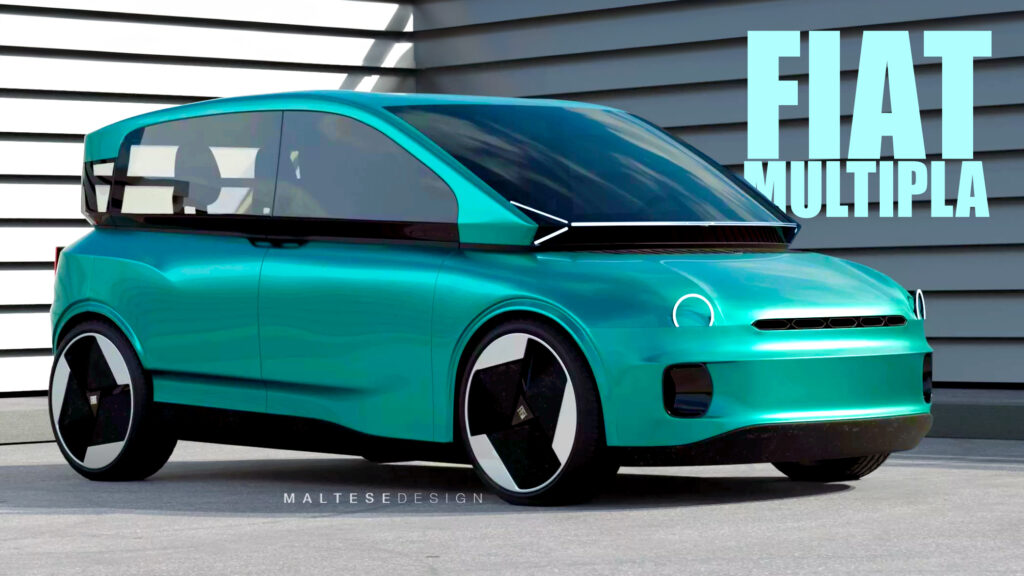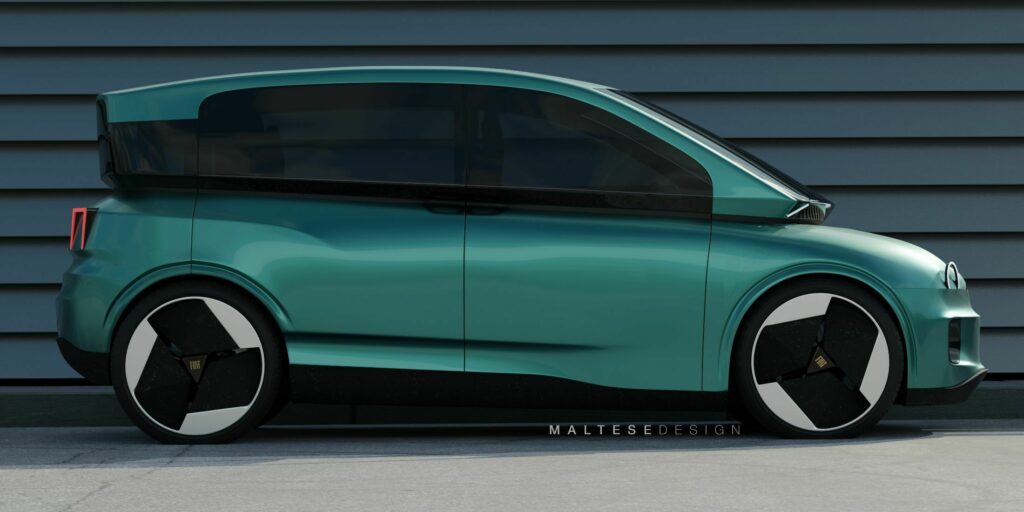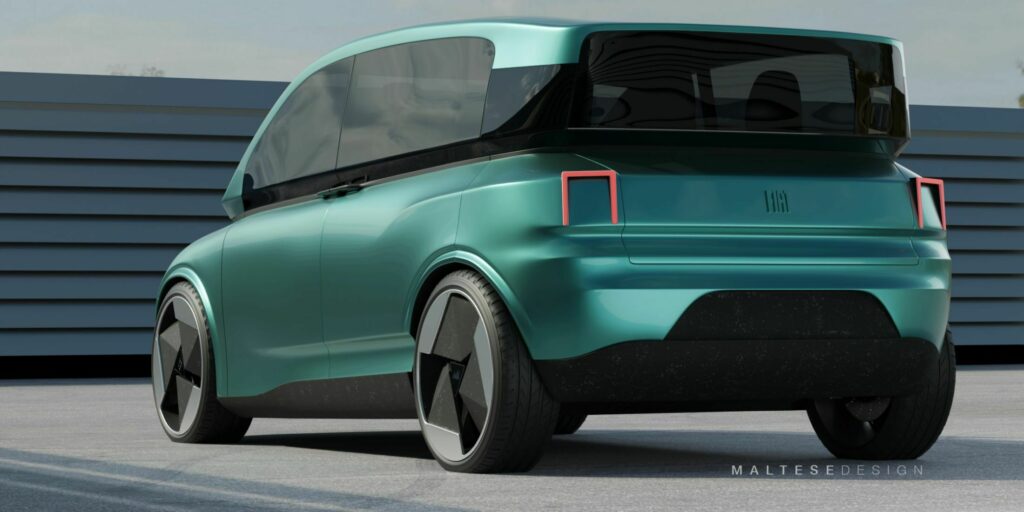Is the world ready for a modern take on the infamous but also ingenious Multipla?
February 11, 2024 at 07:27

Despite its controversial styling, or perhaps in large part because of it, the 1998 Fiat Multipla remains one of the most recognizable minivans ever made, boasting heaps of practicality for its size.
Some consider the model ahead of its time, including independent designer Marco Maltese, who drew inspiration from it for his latest project. The artist digitally recreated a modern-day version of the Multipla for the 21st century, updating its iconic design elements and incorporating a battery-electric powertrain.
In many ways, the “Re.Multipla” project echoes Renault’s revival of the Twingo mini, possibly sparking a trend among automakers to reintroduce iconic ’90s models. Similar to Renault’s approach, Maltese remained faithful to Roberto Giolito’s original design of the Fiat Multipla, while incorporating contemporary styling trends and adding unique touches.
advertisement scroll to continue

As with the original Multipla, which was produced from 1998 through 2010 (although it continued in China until 2013), the profile retains its characteristic division into two parts. However, noticeable updates include a sharper shape in the greenhouse towards the rear and more sculpted bodywork.
The larger wheels, featuring a three-spoke design, coupled with the lower and wider stance, give the Re.Multipla a sporty and planted appearance.
More importantly, the signature lighting units mounted on the bottom of the windshield gave way to slimmer Y-shaped LEDs. As for the main headlights, they kept their round shape but are now protruding from the nose.
Other cool features include the slim door handles on the base of the side windows hinting at suicide doors. Furthermore, the pronounced rear fenders and the aerodynamic contour of the rear glass, seamlessly blending with the side windows, contribute to the overall distinctive design.
More: Someone Should Build This Designer’s Fiat Barchetta Electromod Study
Although the designer did not provide renderings of the interior, it’s evident that the aim was to preserve the unconventional two-row, six-seater layout characteristic of the original Fiat Multipla. This layout maximizes the spaciousness afforded by the generous width and the boxy shape of the large greenhouse.

As this is purely a design study, Maltese did not delve into specifics regarding the underpinnings but envisioned the minivan with a floor-mounted battery pack and electric motors. This configuration aligns well with the character of the Multipla, considering that the original’s 1.6-liter gasoline engine is likely its most outdated feature. In addition to environmental benefits, electric propulsion could potentially offer the minivan impressive performance figures.
Note that the original was praised for its handling credentials and driving dynamics, despite its family-focused character.
Is a new Multipla a good fit for today’s world?
Bringing back the Multipla could certainly stir interest among enthusiasts and those nostalgic for its unique design. However, the success of such a move would depend on various factors, including market demand, technological advancements, and consumer preferences. As for another retro-futuristic EV, it could attract attention, especially with growing interest in electric vehicles and retro styling.
The recent, one-off special edition of the Fiat Multipla demonstrates ongoing interest in the model’s legacy, but whether it translates into a full-scale revival remains to be seen.
Note: The independent renderings are off-the-record and unrelated to Fiat/

